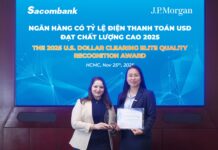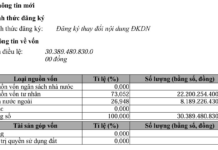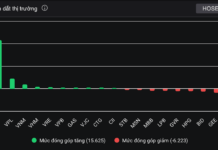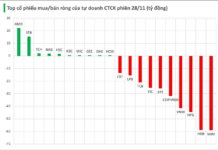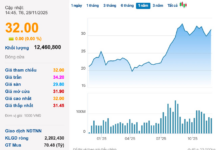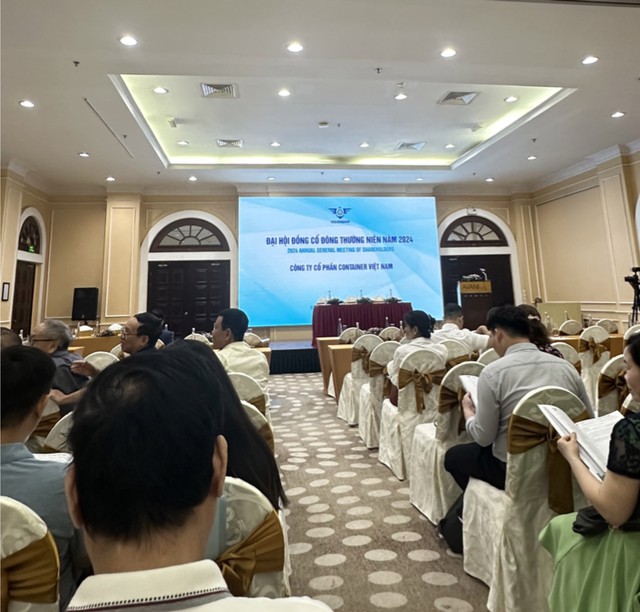On the morning of March 19, the Government’s meeting with the FDI business community and the annual Vietnam Business Forum (VBF) was chaired by Prime Minister Pham Minh Chinh.
Along with in-depth discussions on the responsibility of FDI businesses in implementing green growth strategies, a series of recommendations to remove current policy obstacles were raised by representatives of many businesses and associations at VBF 2024. This is a discussion that has been going on for many years at VBF sessions with the aim of improving the investment and business environment and enhancing the competitiveness of the Vietnamese economy and businesses.
According to Nitin Kapoor, Co-Chairman of the Vietnam Business Forum Alliance, Chairman and CEO of AstraZeneca, in the current “amazing” competitive environment marked by commercial disputes, geopolitical divisions, and political tensions, it is particularly important to build sustainable businesses based on reliable legal systems, good infrastructure, and a good workforce.
As the first speaker at the discussion session on the role of FDI in the new context at the conference, Denzel Eades, Vice Chairman of the British Chamber of Commerce in Vietnam (BritCham), highly appreciated Vietnam’s efforts and progress in administrative reform and improving the investment environment.
“However, the slow resolution of some legal challenges has affected many business activities,” Denzel said.
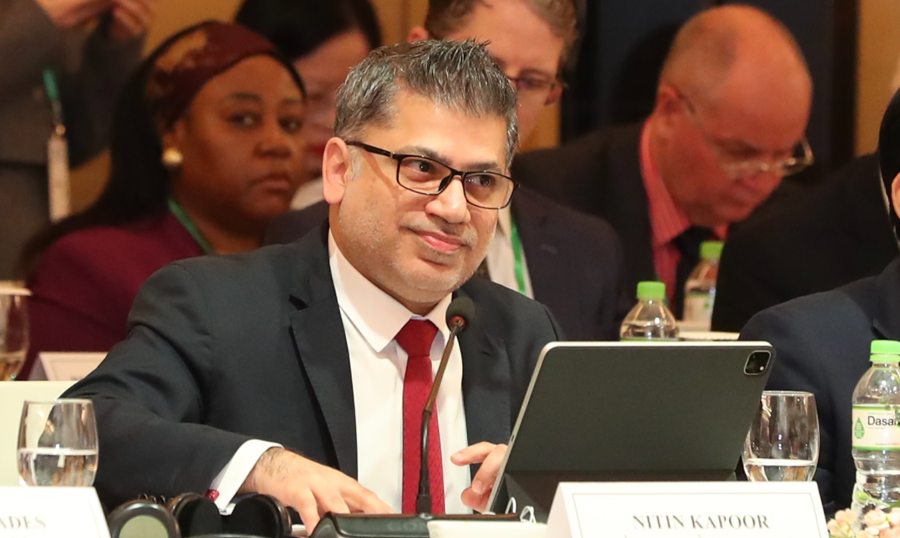
In particular, according to representatives of the British Chamber of Commerce, the draft amended Drug Law and Health Insurance Law have a progressive approach, including recognizing the results of international assessments to expedite the registration of drugs domestically, and expanding the scope of health insurance payment to include noncommunicable disease screening, along with many other initiatives.
“Based on this approach, BritCham proposes the automatic renewal of the validity of drug registration licenses to avoid disruption in drug supply, and regular updates and schedules of the Insurance-enforced Drug List to ensure patients’ access to new drugs,” Denzel proposed.
To attract more FDI and technology transfer in life sciences in Vietnam, Denzel believes that the pace of approval of clinical trials in Vietnam needs to be accelerated; regulations with significant incentives need to be drawn up for drug registration and procurement for research, development, and production of pharmaceuticals in the country; a favorable environment for effective intellectual property protection needs to be created, and all rights of foreign-invested enterprises need to be fully ensured.
Meanwhile, Joseph Uddo, Chairman of the American Chamber of Commerce (AmCham) in Vietnam, complained that the draft decree on specialized electronic signature registration is an unreasonable burden for businesses. Accordingly, the entire system must be located in Vietnam and there must be 12 personnel responsible for the system.
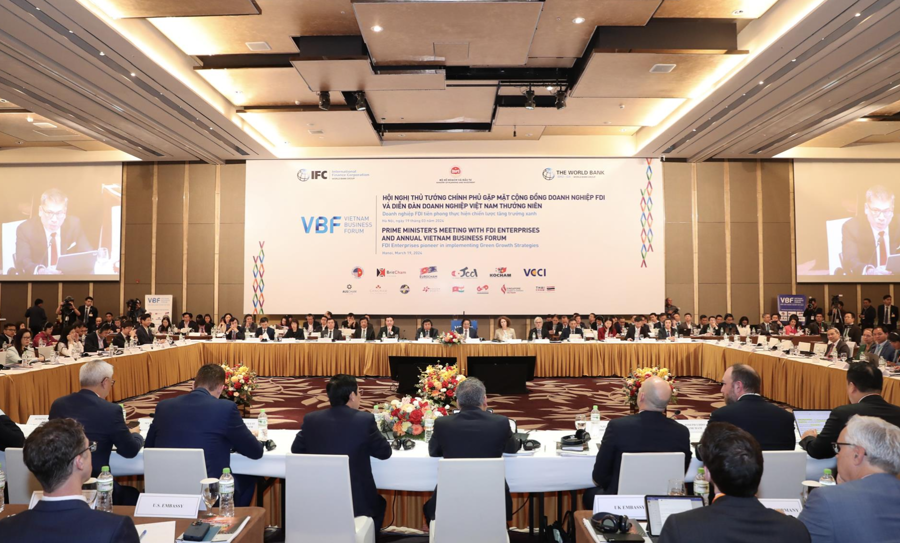
“Many members of AmCham operate as branches or subsidiaries of parent companies and use a common global system. These companies will not be able to comply with the conditions in the draft decree. Therefore, AmCham wishes to cooperate with the Ministry of Information and Communications and other relevant agencies to develop effective frameworks and official legal recognition of electronic signatures and digital signatures to help overcome obstacles for companies,” Joseph stated.
In addition, AmCham also recommends that the Vietnamese government implement policies to promote online exports and ease customs and payment procedures. At the same time, simplify the documentation required by banks, cards, and e-wallets for processing low-value, high-volume e-commerce payment transactions for companies inside and outside the country.
Regarding the global minimum tax issue – an issue of particular concern to FDI businesses, Hong Sun, Chairman of the Korean Chamber of Commerce (Kocham) in Vietnam, said that the basic corporate income tax rate in Vietnam is 20%, but the effective tax rate for large corporations varies by 5-10%. Therefore, if companies have to pay tax on this difference, the current tax reduction efficiency will be lost.
The content of the draft decree, which the Ministry of Planning and Investment publicly sought opinions on from December 19, 2023, includes plans to establish an investment support fund to implement the global minimum tax and support contents, scope, and support methods through the Investment Support Fund.
However, many opinions argue that the level of support is not clear enough to attract attention and agreement from investors.
In addition, according to the content of this draft decree, the support target is limited to investment capital scale of USD 500 million or more, raising concerns that the majority of foreign businesses will not be eligible for incentives. If this group of companies is affected, it can lead to other supply chain businesses, creating obstacles to expanding Vietnam’s foreign direct investment attraction.
“KoCham proposes that the Vietnamese government carefully analyze to have measures to avoid negative impacts on foreign investors,” he recommended.







